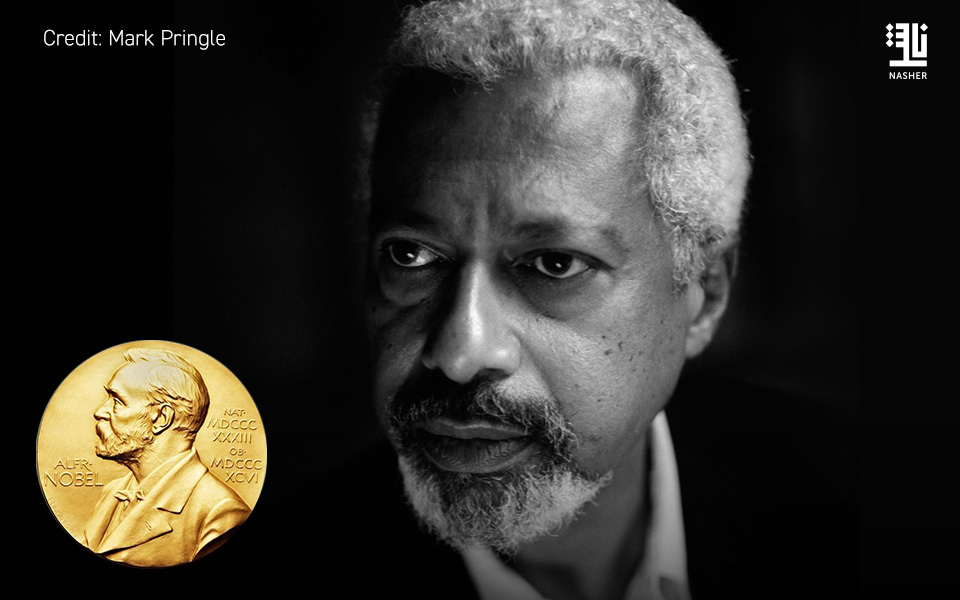The Tanzanian novelist Abdulrazak Gurnah has won the £840,000 Nobel Prize for Literature for his “uncompromising and compassionate penetration of the effects of colonialism and the fate of the refugee in the gulf between cultures and continents”. Some commentators will be sad that his fellow African writer Ngugi wa Thiong’o has once again been overlooked. The effects of colonialism has long been a theme of Thiong’o’s work too
Gurnah’s agent is Peter Straus at the RCW agency in London. Gurnah now joins fellow RCW authors Kazuo Ishiguro and Olga Tokarczuk who are the recipients of the 2017 Nobel Prize for Literature and 2018 Nobel Prize for Literature respectively. Ishiguro is also a former student of the University of Kent where Gurnah taught English and postcolonial literatures until his retirement.
Born in 1948 in Zanzibar Gurnah had to leave the country during the 1964 revolution when citizens of Arab origin were persecuted. He came to England at a 21-year-old refugee and began to write in English although Swahili is his first language. His first novel Memory of Departure was published in 1987.
Bloomsbury is his English language publisher. He has written ten novels, as well as a number of short stories and a critical companion to Salman Rushdie.
Anders Olsson, chair of the Nobel committee, said that the Tanzanian writer’s novels – from his debut to his most recent, Afterlives – “recoil from stereotypical descriptions and open our gaze to a culturally diversified East Africa unfamiliar to many in other parts of the world”.
No black African writer has won the prize since Wole Soyinka in 1986. Olsson added: “[Gurnah] has consistently and with great compassion penetrated the effects of colonialism in East Africa, and its effects on the lives of uprooted and migrating individuals”.
His editor at Bloomsbury, Alexandra Pringle, told the Guardian that Gurnah was as important a writer as the better known Chinua Achebe. “His writing is particularly beautiful and grave and also humorous and kind and sensitive. He’s an extraordinary writer writing about really important things.” She added that he had always written about displacement, “but in the most beautiful and haunting ways of what it is that uproots people and blows them across continents”.
Gurnah’s recognition is arguably part of the great reassessing that is taking place as former colonies address their pasts and correct deep-rooted wrongs and injustices.







